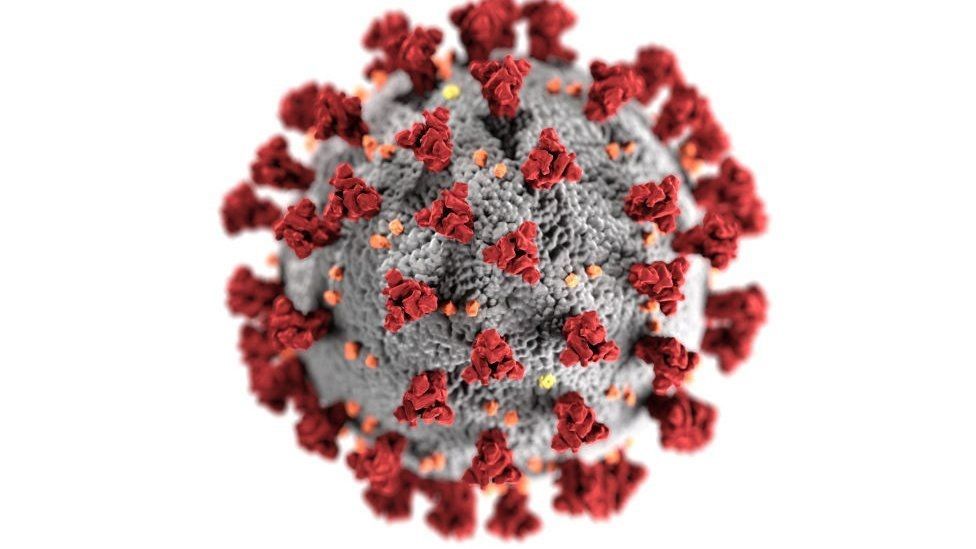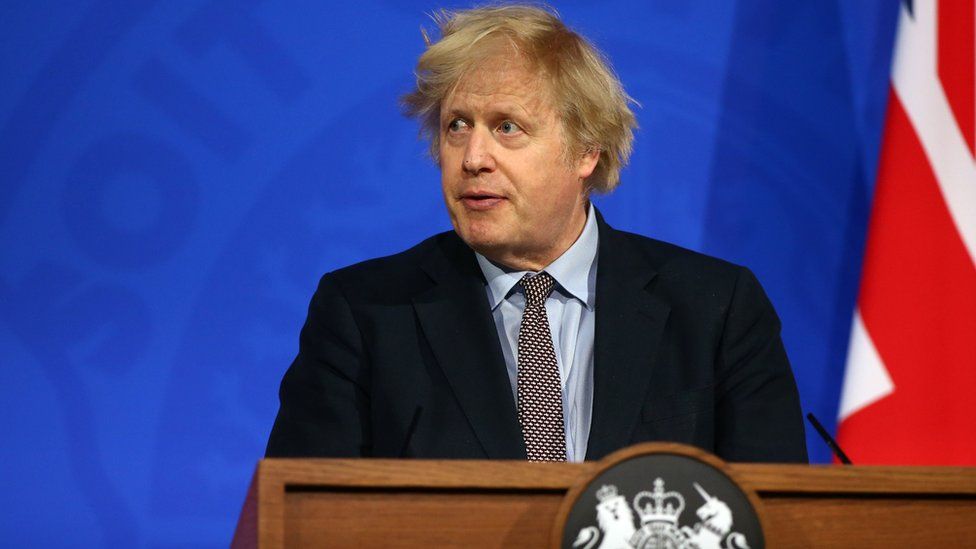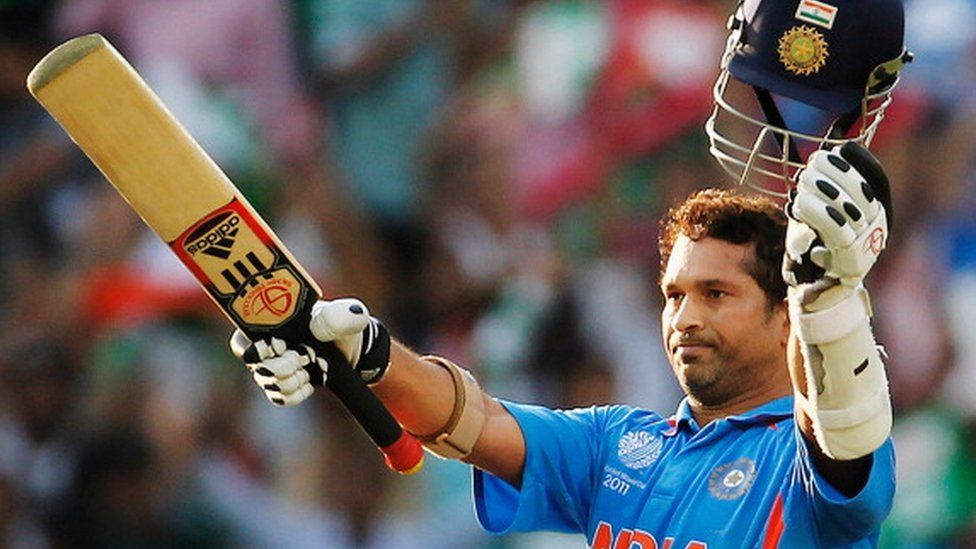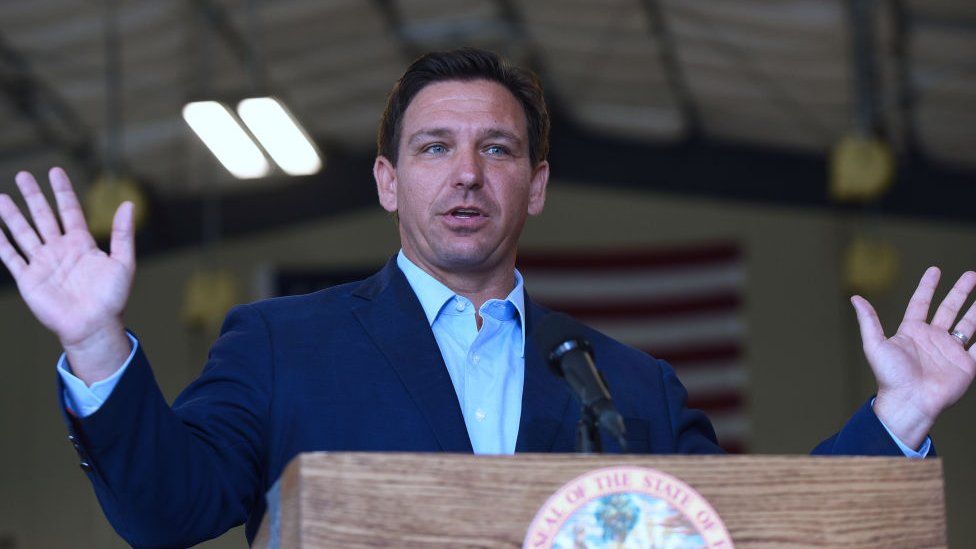Diplomats hasten exit as Taliban near Kabul

London, Aug. 14: The first US troops are arriving in Afghanistan to help diplomatic staff and others leave, as many countries scramble to evacuate workers and citizens amid a rapid Taliban advance.
On Friday, militants captured Pul-e-Alam, capital of Loghar province, just 80km (50 miles) from the capital Kabul.
The UN chief said the situation was spinning out of control with devastating consequences for civilians. More than 250,000 people have been forced to leave their homes so far.
The Taliban advance comes as the US and other foreign troops withdraw after 20 years of military operations. The fighting has raised fears that gains in human rights made since the militants were ousted from power in 2001 could be swiftly reversed.
Life under the Taliban in the 1990s saw women forced to wear the all-covering burka, education restricted for girls over 10, and brutal punishments including public executions.
Also on Friday, the Taliban seized the country's second-largest city Kandahar and the nearby city of Lashkar Gah, as well as Herat in the west. They now control about a third of Afghanistan's provincial capitals.
Pentagon spokesman John Kirby called the recent advances "deeply concerning", but downplayed any suggestion that Kabul was under imminent threat from the group.
Most of the 3,000 troops being sent to help evacuate US diplomatic staff will arrive by the end of the weekend. The US intends to airlift thousands of people a day out of Kabul.
The latest US intelligence assessment suggests the militants could try to advance on the national capital within 30 days.
The US embassy there informed staff that an incinerator and other tools were available to destroy sensitive material, including documents and equipment such as flags that could be used in propaganda.
The UK, which is sending 600 troops to aid the evacuation of British nationals and former Afghan staff, said staffing at its embassy would be reduced to an absolute minimum - as did Germany.
Denmark and Norway are closing their embassies altogether.
Afghan war - the basics
- US-led forces toppled the Taliban: In 2001 US-led forces overthrew Afghanistan's Taliban rulers after the 9/11 attacks masterminded by al-Qaeda leader Osama bin Laden, who was based there.
- Twenty years of occupation and military operations followed: The US and allies oversaw elections and built up Afghan security forces, but the Taliban continued to launch attacks.
- Eventually, the US made a deal with the Taliban: They would pull out if the militants agreed not to host terrorist groups. But talks between the Taliban and the Afghan government failed. US-led forces withdrew this year and the Taliban have now retaken most of the country.
UN Secretary-General António Guterres called on the Taliban to end the fighting and urged the international community to make clear that power seized through military force is unacceptable.
"Every day the conflict is taking an even bigger toll on women and children. Continued urban conflict will mean continued carnage with civilians paying the highest price," he said.
Food and medical supplies are dwindling and critical infrastructure including schools and clinics has been destroyed, he said. The UN has appealed to neighbouring countries to keep their borders open, to allow people to reach safety.
More than 1,000 civilians were killed in Afghanistan in the past month alone, according to the UN.
Makeshift camps have been established on scrubland on the outskirts of the capital, while many of those seeking safety in Kabul have been sleeping on the streets.
About 72,000 children are among those fleeing to the capital in recent days, according to Save the Children.
Zuhal, a 20-year-old student who has been helping those displaced, told the BBC: "Ceasefire, just like an immediate ceasefire, just stop the fighting because we cannot get up another day and see a child filled with blood, a mother crying for her son - we cannot see that anymore."
In a separate development, Canada said it planned to resettle more than 20,000 vulnerable Afghans including women leaders, human rights workers and reporters.
Recent News

Do not make expressions casting dout on election: EC
14 Apr, 2022
CM Bhatta says may New Year 2079 BS inspire positive thinking
14 Apr, 2022
Three new cases, 44 recoveries in 24 hours
14 Apr, 2022
689 climbers of 84 teams so far acquire permits for climbing various peaks this spring season
14 Apr, 2022
How the rising cost of living crisis is impacting Nepal
14 Apr, 2022
US military confirms an interstellar meteor collided with Earth
14 Apr, 2022
Valneva Covid vaccine approved for use in UK
14 Apr, 2022
Chair Prachanda highlights need of unity among Maoist, Communist forces
14 Apr, 2022
Ranbir Kapoor and Alia Bhatt: Bollywood toasts star couple on wedding
14 Apr, 2022
President Bhandari confers decorations (Photo Feature)
14 Apr, 2022








